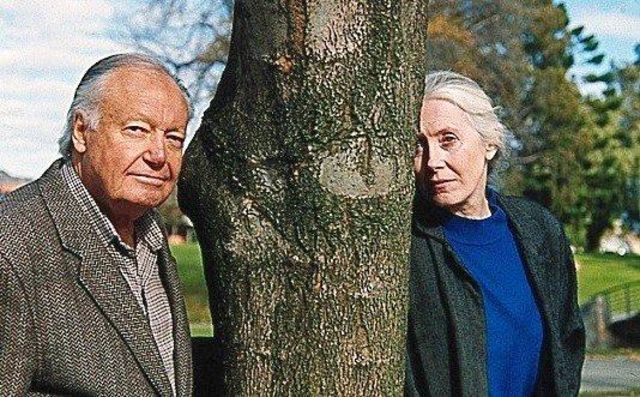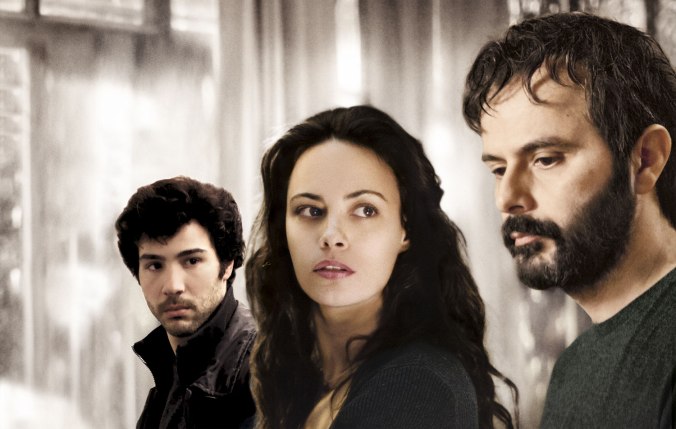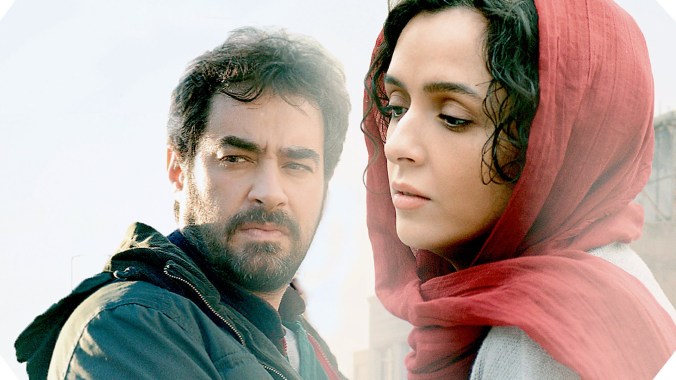It certainly wasn’t planned this way but the movies that I watched this past week turned out to carry a common theme of marriages under pressure or at the breaking point. I am not a cynic but, as you may see from my least favorite of the week, the bond of marriage and the fissures that can happen in it should be treated with proper gravity and not be trivialized. Here are the movies that I saw this past week:

Innocence (2000) – dir. Paul Cox
Rating: 33/100
This is the first movie that I have seen by the late Australian filmmaker, Paul Cox, whom I have read has dealt with romance in interesting ways. I would like to check out more of his films, but this film of his from 2000 leaves me utterly unmoved. The movie tells the story of two people in their 60s, one a widower, Andreas (Charles Tingwell) and still married Claire (Julia Blake), who decide to rekindle the passionate and reckless romance they shared five decades ago. The story tries really hard to convey that sense of unbridled passion in their relationship (and based on the IMDb rating that is 7.5/10, many people seem to be moved by it) and how it is meant to be an emotional reawakening for all characters (even the cheated on husband played by Terry Norris). To me, however, the film is not only a trivialization but a thoughtless idealization of Claire’s adultery that has hardly any reason or foundation to stand on. Even with years of emotional paralysis, would Claire throw away her decades-long marriage on a distant memory of a young and possibly foolish romance? The romance is not “innocence” as the title suggests but a mere illusion of it. The scene when Andreas and Claire try to confront why they parted ways is completely unconvincing and, if you really stop to think about it, Andreas is really a jerk who contacts Claire simply because he is lonely. A movie like Clint Eastwood’s The Bridges of Madison County also dealt with adultery but at least that movie took seriously the weight of familial loyalty and responsibility against the prospect of recapturing romantic idealism. In this one, even Claire’s adult son is supportive of his mother’s affair from the very beginning, which seems hardly realistic.

The Past (2013) – dir. Asghar Farhadi
Rating: 88/100
This is the first of two movies by acclaimed Iranian filmmaker, Asghar Farhadi that I saw this week and it is his follow-up to the Oscar®-winning A Separation, which I absolutely loved. Farhadi moves his milieu to France where a French woman, Marie (Berenice Bejo) is finalizing a divorce with Iranian Ahmad (Ali Mossafa). Ahmad left her returning to his home country four years ago and she has started a new relationship with another man, Samir (Tahar Rahim). Much like A Separation, Farhadi shows his storytelling gift for creating an emotional puzzle out of a decidedly tangled scenario. In depicting the reactions of all involved including the consequences of the situation on the domestic front, the story spins out revelations based on who is aware of what information surrounding a pivotal event. In doing so, Farhadi ensures that we empathize with all characters with rare concentration.

The Salesman (2016) – dir. Asghar Farhadi
Rating: 86/100
Farhadi won his second Best Foreign Language Film Oscar® this past year for this movie (though he intentionally did not attend the Oscar® ceremony in protest of the travel ban). This time, Farhadi places Arthur Miller’s Death of a Salesman as the backdrop for his story. Emad (Shahab Hosseini), who is playing The Salesman in a production of Miller’s play, contemplates on what to do when his wife, Rana (Taraneh Alidoosti) is attacked in the new apartment that they have just moved into. As with his previous works, Farhadi frames his story around a crucial dire event and, in dealing with its ramifications, he subtly conveys details about cultural values in middle-class Iran. The emotional intensity is driven by these subtle details that the story leaves us to intuit (such as the reasons for why Rana does not want Emad to act on anything). By putting us in the position of intense observer of human behavior, the movie builds a moral and emotional quagmire where we can only identify and sympathize before starting to place blame.